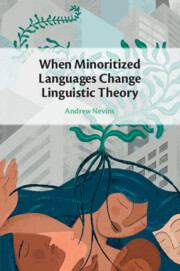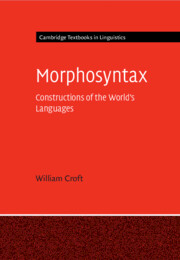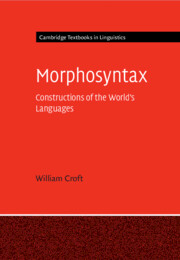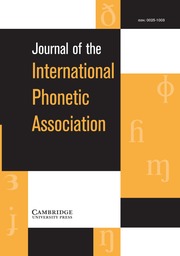When Minoritized Languages Change Linguistic Theory
For decades, a small set of major world languages have formed the basis of the vast majority of linguistic theory. However, minoritized languages can also provide fascinating contributions to our understanding of the human language faculty. This pioneering book explores the transformative effect minoritized languages have on mainstream linguistic theory, which, with their typically unusual syntactic, morphological and phonological properties, challenge and question frameworks that were developed largely to account for more widely-studied languages. The chapters address the four main pillars of linguistic theory – syntax, semantics, phonology, and morphology – and provide plenty of case studies to show how minoritized language can disrupt assumptions, and lead to modifications of the theory itself. It is illustrated with examples from a range of languages, and is written in an engaging and accessible style, making it essential reading for both students and researchers of theoretical syntax, phonology and morphology, and language policy and politics.
- Provides examples of theoretical changes resulting from studies of minoritized languages
- Introduces developments of linguistic theory using ordinary-language explanations and examples throughout
- Encourages continued attention to minoritized languages in the field of linguistics
Reviews & endorsements
‘This excellent survey of influential analyses of phenomena in a variety of less commonly studied languages puts a nail in the coffin of the myth that only standardized, national languages have contributed to linguistic theory and that formal linguistics has been based only on widely spoken languages. By highlighting important contributions to linguistics made by careful analysis of less commonly studied languages, Nevins shows convincingly that all human languages are of interest to formal linguists.’ Jason Merchant, Vice Provost and Lorna P. Straus Professor of Linguistics, University of Chicago
‘Nevins presents a delightful selection of case studies highlighting the importance of minoritized languages in shaping linguistic theory. Presented in a highly engaging and accessible style, this book will serve as a great entry point for those seeking to understand linguistic theory as both a window onto linguistic diversity and as an explanation of the unifying elements that lie beneath the surface variety.’ Jonathan David Bobaljik, Department of Linguistics, Harvard University
‘This book is truly one-of-a-kind. Nevins shows just how much the study of minoritized languages has contributed to real changes in the generative theory for the full gamut of core areas of generative linguistics. It is a must-read book for any generative theoretical linguist wanting to work with speakers of minoritized languages and varieties, stressing the social justice obligations that come with such research and the need to rethink how linguistics is taught.’ Keren Rice, Professor of Linguistics, University of Toronto
Product details
November 2022Adobe eBook Reader
9781009034470
0 pages
This ISBN is for an eBook version which is distributed on our behalf by a third party.
Table of Contents
- List of figures
- Acknowledgements
- List of abbreviations
- 1. Expanding the canon: minoritization in the world and in linguistic theory
- 2. Indexical shift in Zazaki and Uyghur
- 3. Why ergative case requires structure in Basque and Ch'ol
- 4. Closest conjunct agreement in Slovenian and Xhosa
- 5. Configurationality of objects in Chichewa and Warlpiri
- 6. Partial nasality in Maxakalí and Kaingang
- 7. Symmetric hands in sign language phonologies
- 8. Number-encoding on verbs in Hiaki and Chechen
- 9. Conclusion: towards healthy futures in the language sciences
- Bibliography
- Index.






